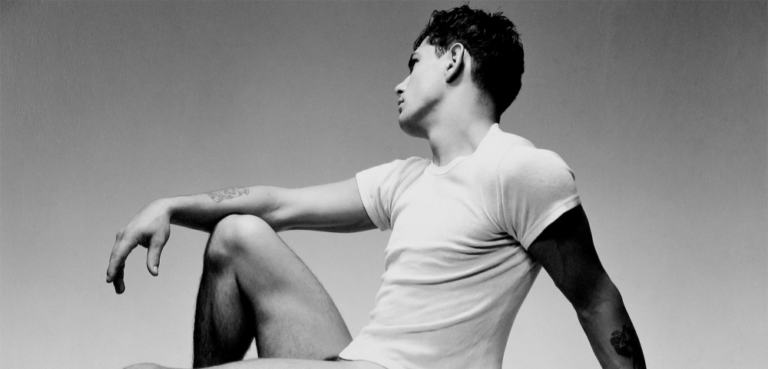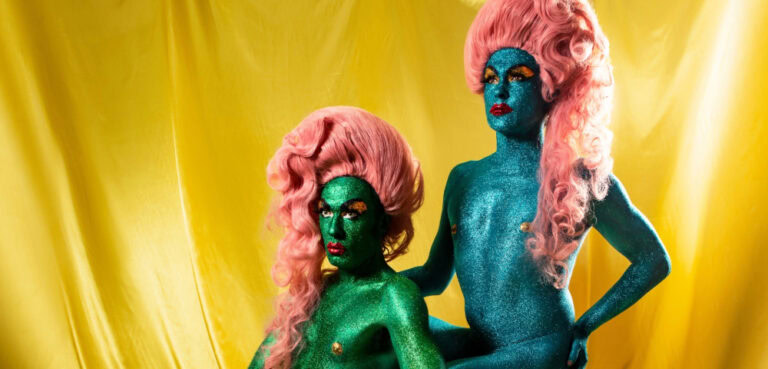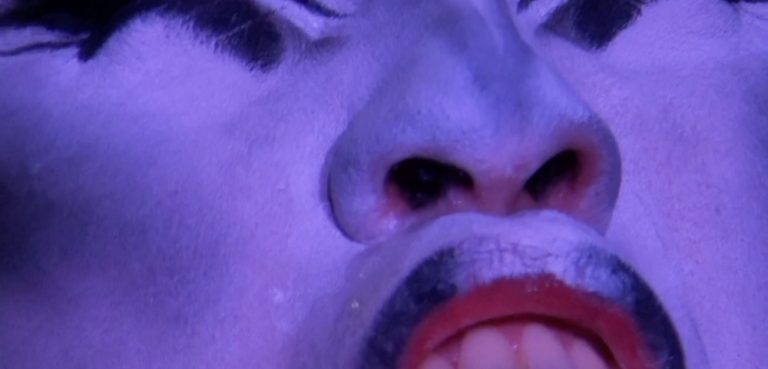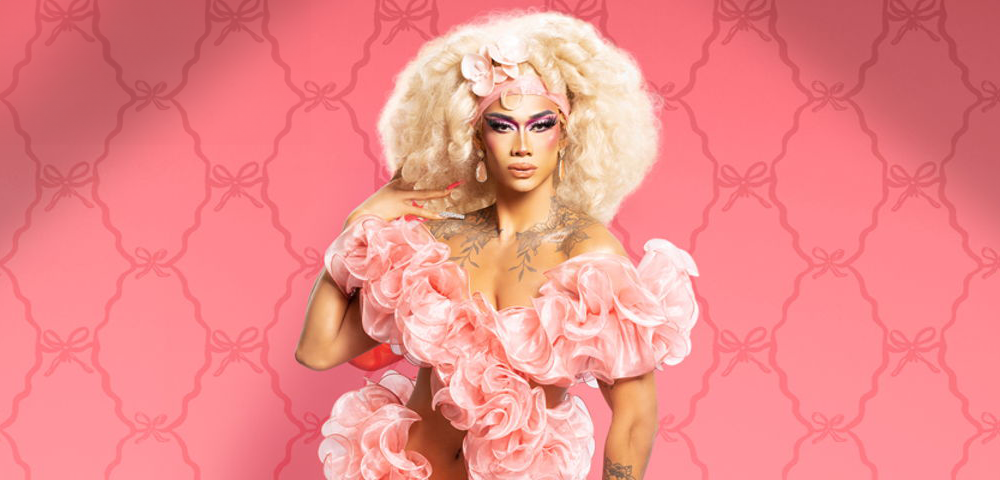
Hollinghurst’s lines of beauty
Winning the prestigious Man Booker Prize last year introduced British author Alan Hollinghurst to a whole new readership.
People who wouldn’t normally go near his books -“ which are laden with gay characters, gay relationships and gay sex -“ rushed out in droves to buy his award-winning novel The Line Of Beauty.
Indeed this was the first gay-themed novel to take out the prize in the competition’s 36-year history.
I did wonder what people would make of it, Hollinghurst said, in town last week for the Sydney Writers’ Festival.
Most feedback he’d received, however, was terribly encouraging.
I did a show on ABC Radio the other night and they had people calling in. They were all women, two of them were older women who knew nothing about the world in the book, and they absolutely loved it.
One woman said the sex scenes made her feel very uncomfortable, but it hadn’t detracted from her appreciation of the whole book, he said.
If you can push and persuade your readership by taking a new subject matter on board, then that’s really very gratifying.
Hollinghurst makes a point of creating gay characters who are complex individuals, the way they haven’t much been treated in fiction before, he said. But he never attempts to make them perfect, instead setting out to explore their flaws.
Nick Guest, the protagonist in The Line Of Beauty, is certainly both a complex and flawed character.
The book begins with him moving to London in the early 1980s to live with the family of his university friend Toby, whose father happens to be a minister in Margaret Thatcher’s government.
Nick finds himself in the world of the rich and powerful and gets a behind-the-scenes look at how the country is run. In the process he explores his homosexuality in a community suddenly being ravaged by AIDS.
The scene where a cocaine-fuelled Nick dances with the prime minister at a party has already gone down in literary history.
When asked if he’s heard whether Thatcher had read his book, Hollinghurst chuckled. I’d be highly surprised. But I’m sure people in her court have drawn her attention to it.
The book is currently being turned into a TV series for the BBC by screenwriter Andrew Davies, who also wrote the BBC adaptations of the classic novels Pride And Prejudice and Tipping The Velvet, among others.
(While set only 20 years ago, The Line Of Beauty is routinely compared to such classics due to its lovingly detailed scenes and its study of manners and social class.)
Hollinghurst found the script for the series a fascinating read.
It was interesting to see a 13-page scene reduced to two lines of dialogue, he said.
But I have complete confidence. So much of the book is rather inward, so to be dramatised it has to be changed to bring things out.
In the flesh Hollinghurst is softly spoken, thoughtful, impeccably polite and surprisingly shy.
He seemed somewhat nervous during our interview, possibly because he’s more used to sitting at home on his own writing best-selling novels than flying around the world doing media engagements.
It’s quite a dramatic contrast, he admitted.
But it’s a welcome one because writing is such a long, solitary process for me. Because what happens, if you release books fairly infrequently, is you tend to lose your professional sense of yourself as a writer. You kind of disappear. It’s very reassuring when a book comes out and it finds an audience out there.
Writing has always been a very slow process for Hollinghurst -“ it was six years between The Line Of Beauty and his previous novel, The Spell.
Books come to me slowly, bit by bit. I put a lot of thought to detail and atmosphere of the situation and let it conglomerate until it feels like a solid fictional world emerging.
With this book, more than I’ve ever had before, I had organisational problems because it had a much bigger canvas than the other books I’ve written before, and more characters. I produced in notebooks masses of material, imagined episodes, and it’s hard to leave stuff out.
To get into the right headspace, Hollinghurst unplugs his phone and draws a line through whole weeks of his diary.
I need to be completely unreachable. I put myself very much into retreat. I have to be very strict on myself, and it seems to work, he said.
You really can get into a wonderful state of stuff really starting to happen and things link up. When it’s going well it can be quite exhilarating, but when you get stuck, it gets a little bit ugly.
He gave up a career in journalism and became a full-time novelist after his second book, The Folding Star, in 1995.
It’s been touch and go at times, partly because of my being such a slow producer. So the Booker [which is worth £50,000] has been quite a blessing I must say, and has eased my financial worries for a bit.
So will we have to wait another six years before Hollinghurst’s next effort?
While he doesn’t have a substantial idea for another novel as yet, he is trying to write some short stories, which he’s never attempted before.
I kind of like the idea of a quick turnaround, he said of his latest venture. At least I hope that’s the case.









